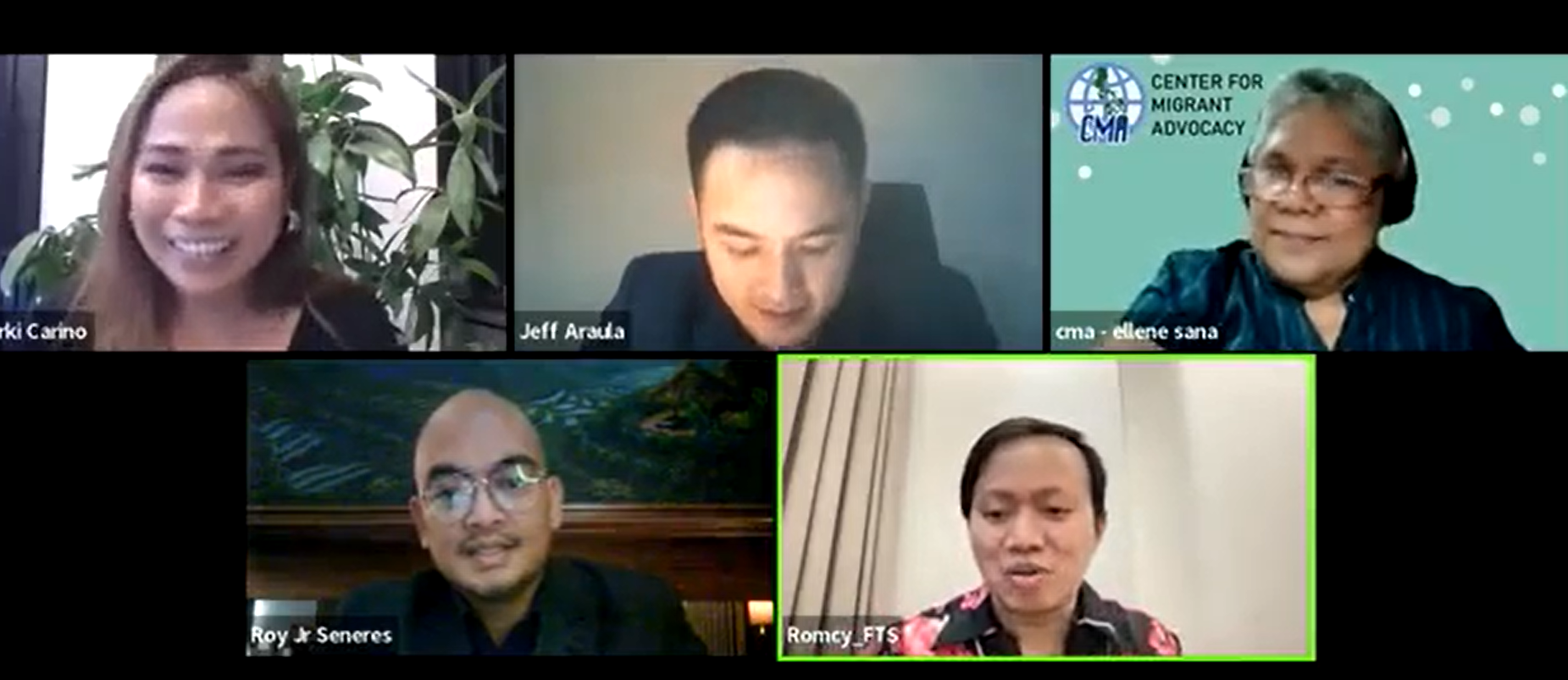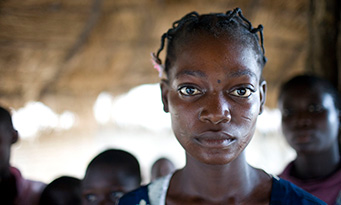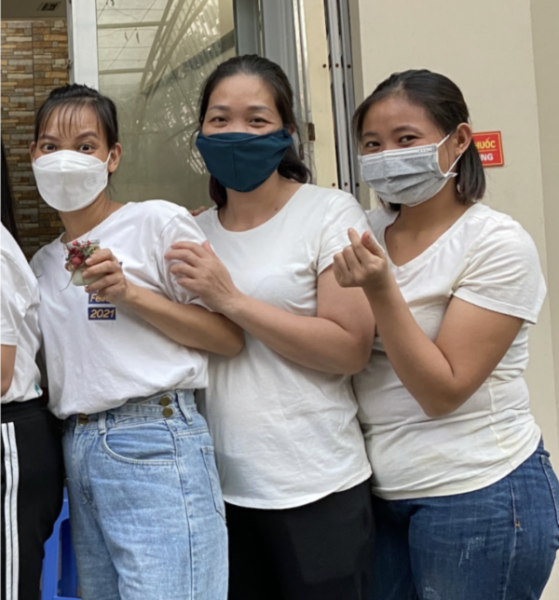Did you know that Mauritania was the last country in the world to ban slavery? Slavery dates back hundred of years in Mauritania, from a period when Arab Berbers raided and enslaved black Africans settled along the Senegal River, dominating and eventually submitting them into their own social system.
Though Mauritania outlawed slavery in 1981, it allowed the continuation of hereditary slavery until 2007, when Parliament enacted a formal law. Mauritanian officials have often only paid lip service to enforcing the ban: estimates put the number of slaves in Mauritania at between 340,000 and 680,000, a range that encompasses 10 to 20 percent of the country’s population.
Recently, Mauritania became a “Pathfinder Country,” part of a group of United Nations (U.N.) Member States working to achieve Sustainable Development Goals (SDGs) for peace, justice and inclusion with a commitment to increase social protections and end slavery once and for all.
Do You Believe Everyone Should Be Treated Equally?
Many Black Mauritanians, Haratines, are often subject to slave-like treatment, including sexual violence and discrimination.
The Arab-Berber elite and the white Moors, who make up about one third of the population, are the culprits perpetuating these crimes. Haratines are bonded to the family of those who enslaved them and have no right to education, no civil rights, earn no money and are often forced into rigorous work.
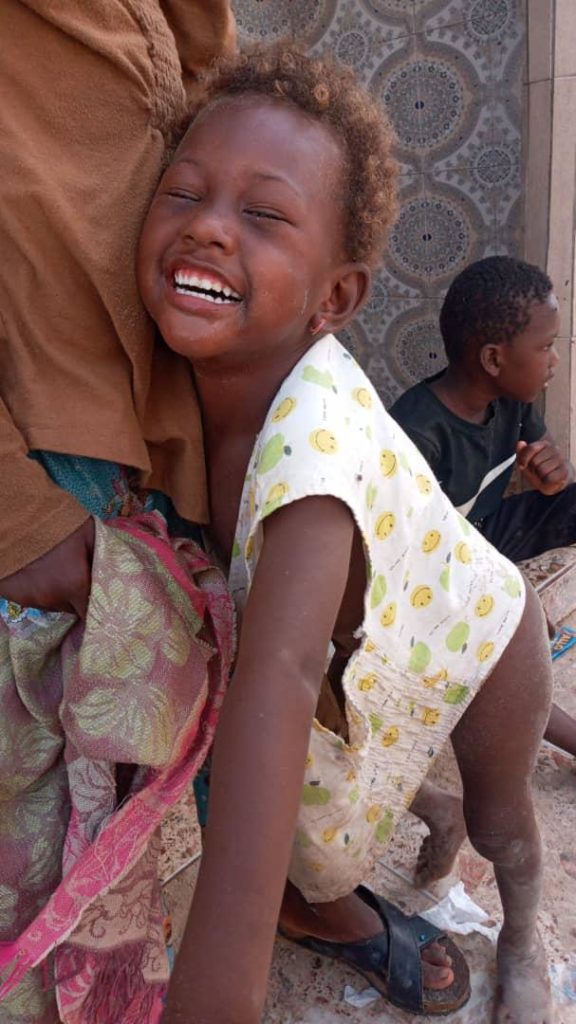
Mauritanian society is deeply slavery-oriented and as such has produced pervasive inequalities. Certain techniques involving humiliation, torture and even execution are employed in the aim of keeping slaves dependent on those who hold them captive through fear, shame and submission.
Children and women toil from dawn to dusk–tending to livestock, pounding millet for food, milking cows, and cleaning, but are never paid for their work. Instead, they have to deal with cruel and unbearable practices which defy contemporary humanity and the denial of the most basic of rights.
Free the Slaves works with and through local partners to build national capacity. We use this experience to strengthen the anti-slavery movement through global convenings and to advocate for policy change at the local, U.S. and U.N. levels. We serve as the secretariat and co-chair of the Alliance to End Slavery and Trafficking, we organize the annual Freedom from Slavery Forum, and serve on the GCG (Global Coordinating Group) of the Alliance 8.7.
Earlier this year, Free the Slaves embarked on a new initiative in Mauritania where we will work with our partners to promote and raise awareness of human rights and the lack of justice available to marginalized groups in Mauritania.
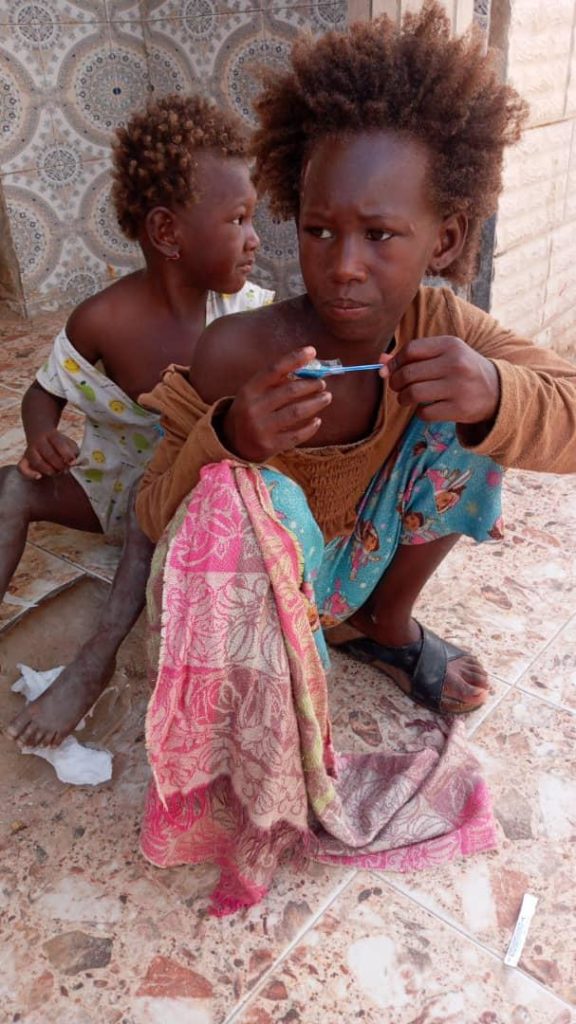
In addition, FTS will work with our partners to train 15 grassroots leaders including women and men leading former slaves’ associations in the capital of Nouakchott. Participants of the training will learn the legal landscape that shapes Mauritania’s commitments to combat modern slavery and will map specific commitments the government has made.
Worldwide, our programs have liberated more than 14,000 enslaved individuals; educated more than 650,000 people on how to protect themselves, their families and their communities from traffickers; and helped put more than 300 traffickers behind bars.
Many children are born into slavery and continue to live as slaves even when they become adults. The shackles of slavery are both mental and physical, breaking away is a challenge for those held captive. Help break the shackles of bondage–make an impact today as Free the Slaves continues to work to help liberate the Mauritanian-Haratines living in slave-like conditions.


